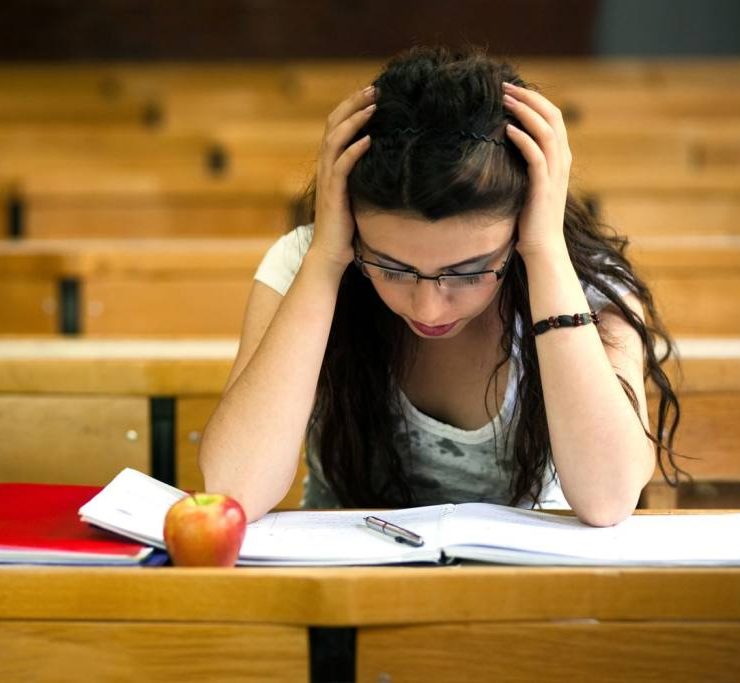The Impact of Mental Health on Academic Performance

Understanding the connection between mental health and academic performance has become increasingly important in recent years. As students face various pressures from school, social life, and personal challenges, mental health issues can significantly influence their ability to succeed academically. This article explores how mental health impacts academic performance, discussing the effects on concentration, motivation, social interactions, and long-term educational outcomes.
The Role of Mental Health in Concentration
Concentration is a key factor in academic success, and mental health plays a crucial role in a student’s ability to focus. Mental health challenges such as anxiety, depression, and stress can impair cognitive functions, making it difficult for students to concentrate during lectures, exams, or while completing assignments. When the mind is preoccupied with worries or negative thoughts, it becomes challenging to absorb new information, leading to gaps in learning. This difficulty in concentration can cause students to fall behind in their studies, ultimately affecting their grades and overall academic performance.
Addressing these issues early on is essential. Schools and universities are increasingly recognizing the importance of providing mental health resources to help students manage their stress levels and improve their concentration. Techniques such as mindfulness exercises and cognitive-behavioral strategies are often recommended to enhance focus and reduce anxiety.
Motivation and Its Link to Mental Health
Motivation is another critical component of academic achievement. Mental health issues can significantly dampen a student’s motivation to study or participate in school activities. Depression, for instance, often leads to a lack of interest in activities that once brought joy, including academic pursuits. When students are not motivated, they may procrastinate, miss deadlines, or even skip classes altogether.

Creating a supportive environment where students feel encouraged to seek help can make a big difference in maintaining motivation. Teachers and parents play a pivotal role in recognizing signs of low motivation and intervening when necessary. Additionally, online platforms like educational websites often provide resources and tools that can help reignite a student’s interest in learning by offering interactive and engaging content that aligns with their interests.
The Impact of Social Interactions on Academic Success
Social interactions are integral to the educational experience, influencing both emotional well-being and academic performance. Positive relationships with peers and teachers can enhance a student’s sense of belonging and support, which are vital for mental health. Conversely, poor mental health can lead to social withdrawal, making it difficult for students to engage in group work, participate in class discussions, or seek help when needed.
This social isolation can have a cascading effect on academic performance. For example, students who avoid group projects may miss out on collaborative learning opportunities that could deepen their understanding of the material. Furthermore, students who do not feel connected to their peers may struggle with feelings of loneliness and low self-esteem, further exacerbating mental health issues and negatively impacting their academic outcomes.
Schools can foster a more inclusive environment by promoting mental health awareness and encouraging open conversations about mental well-being. Peer support groups and counseling services can also help students build healthier relationships, thereby improving both their social experiences and academic performance.
Long-Term Educational Outcomes and Mental Health
The effects of mental health on academic performance are not limited to short-term grades; they also have long-term implications for educational and career success. Students who struggle with mental health issues during their academic journey may face challenges in achieving their full potential, leading to lower graduation rates and reduced opportunities for higher education or employment.
Chronic mental health issues can lead to a cycle of academic underachievement, where poor performance leads to increased stress and further declines in mental health. Breaking this cycle requires a comprehensive approach that includes early intervention, ongoing support, and access to mental health resources. Educational institutions must prioritize mental health as part of their overall strategy to ensure that students are not only academically successful but also mentally healthy and prepared for future challenges.
Conclusion
The relationship between mental health and academic performance is complex and multifaceted. Mental health issues can significantly impact concentration, motivation, social interactions, and long-term educational outcomes. By addressing mental health concerns early and providing the necessary support, schools and universities can help students overcome these challenges and achieve their academic goals. Promoting mental health awareness and creating supportive environments are essential steps in ensuring that all students have the opportunity to succeed academically while maintaining their mental well-being.

